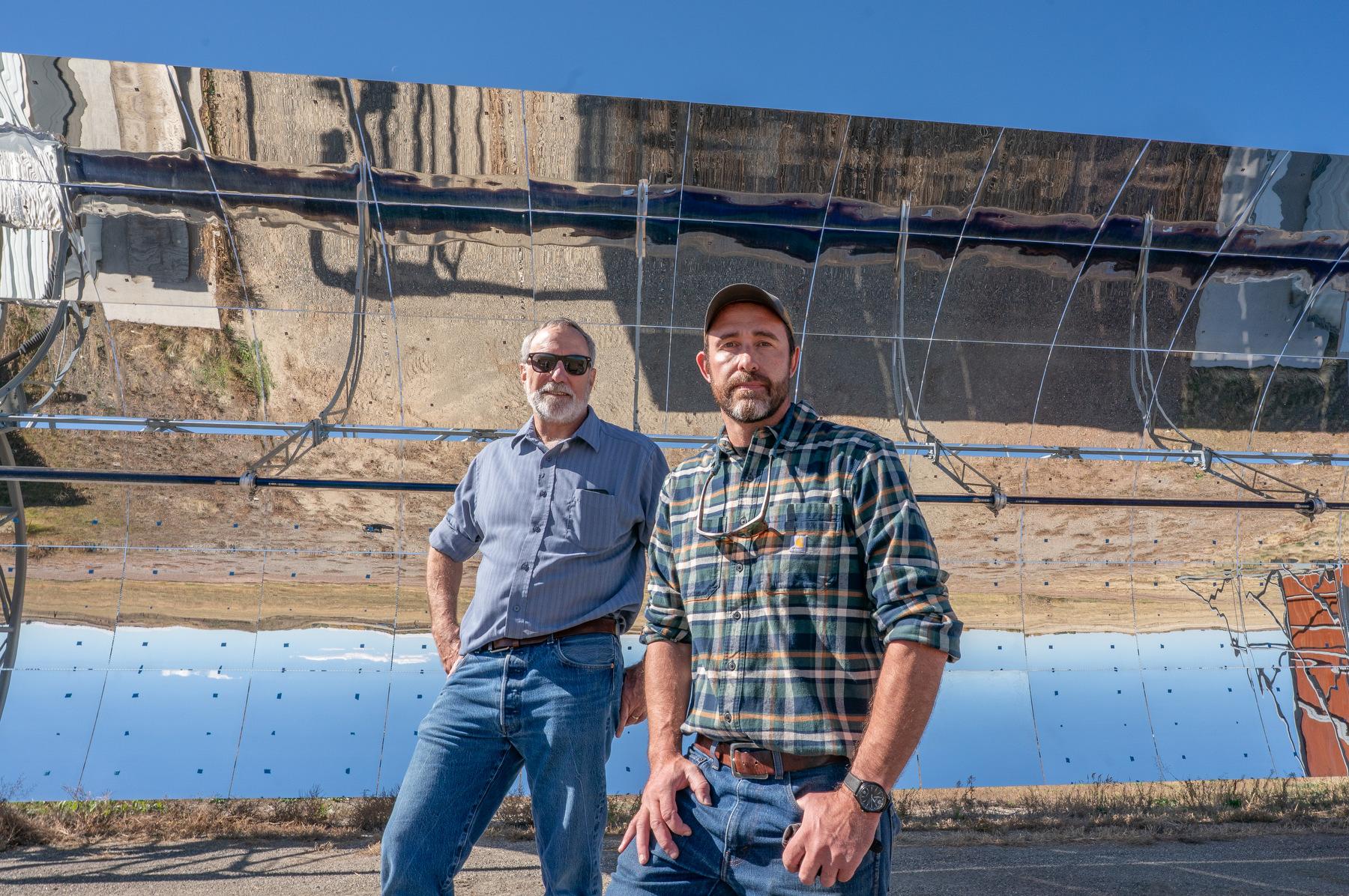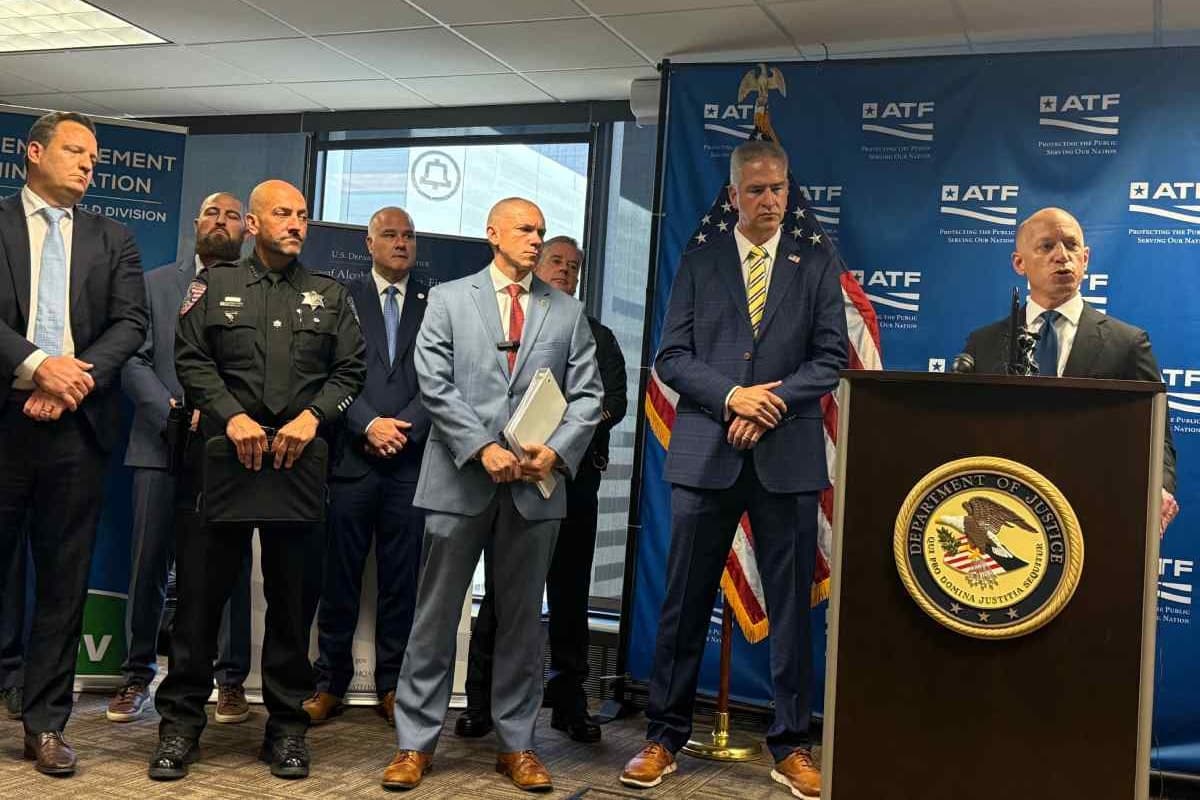*Source: Colorado Medical Marijuana Enforcement Division.
Denver is the capital of medical marijuana, home to more than 40% of the state’s dispensaries. An analysis of license data, mapped by CPR, shows the city of Denver is saturated. So how will recreational pot shops fit in?
This is a transcript of a report from CPR's Ben Markus:
Reporter Ben Markus: Matt Huron has a great location. His dispensary Good Chemistry is right on busy Colfax Avenue near the Capitol. Parking’s not great ...
Matt Huron: But it’s metered, and lots of foot traffic, so we found this space to be a really nice location for us.
Reporter: Medical marijuana is no different than, say, a Jamba Juice. If the shop is in the middle of nowhere you’re probably not going to get a lot of customers. Sitting in a quiet office in the back of the shop, Huron says with 220 licensed dispensaries in the city of Denver alone, good luck finding a new storefront.
Huron: And I know some folks that have wanted to move for whatever reason have had these issues, that there really are no available areas at the moment that you can actually open up in.
Reporter: And since dispensaries like Good Chemistry get first crack at becoming recreational shops, Huron says the geography of marijuana won’t actually change much in cities with lots of dispensaries. He says he probably won’t switch away from medical completely. If taxes are set too high on recreational pot, he says many customers will stay on the medical registry, meaning he’ll probably split the shop into two separate businesses at the same location.
Huron: I imagine a lot of folks will continue with medical as well as move into adult use and to see where the market goes.
Reporter: Since Amendment 64 passed in November, legalizing recreational marijuana, guys like Sean McAllister have been busy. He’s an attorney in Denver who advises marijuana businesses. He has a simple message for anyone who wants to get into recreational pot.
Sean McAllister: If you came to Colorado now or you’re here already and you want to get a recreational dispensary you have to buy an existing medical one.
Reporter: He says they learned just how tight the market was last year when Colorado’s US Attorney John Walsh forced dispensaries near schools to move. Only a couple in Denver were able to find a new location.
McAllister: You know it’s a needle in a haystack, in the city of Denver, to find both the landlord willing to rent to you and the correct zoning area, and you’re 1000 feet away from a school, so it’s already almost impossible to find a new location.
Reporter: But Denver City Councilman Chris Nevitt, whose district includes many dispensaries, says those are the rules for medical, not recreational.
Chris Nevitt: If we keep all those rules, indeed all the potential space that would work is already taken up. If we change those rules, we might create more space.
Reporter: Zoning and spacing restrictions could be relaxed to allow more recreational marijuana shops, and more shops could mean more money. Denver pulled in $4.6 million in medical marijuana sales tax revenue last year. But the money alone isn’t enough to win over Councilman Chris Herndon.
Chris Herndon: I mean there are so many other factors that go into it, obviously that’s something we need to take into account, but that shouldn’t be the primary decision for doing something, or for going against it.
Reporter: Herndon looks over the map of dispensaries created by CPR and notes his northeast district has very few pot shops, and he’s open to stricter requirements to keep it that way - things like requiring public hearings for all new pot shops, like liquor stores, or a cap on the total number of shops. He’s still gauging how constituents feel.
Herndon: It’s easier to do it right the first time, as opposed to rushing and then realizing that we made some errors, and that’s why I think it’s wise to be prudent and cautious.
Reporter: But before they start tackling the nitty-gritty details of zoning and other regulations, the City Council has to decide if it’ll allow recreational shops at all. That vote is scheduled for May, though few worry that Denver would ban retail shops. The bigger question mark is somewhere like Aurora. The state’s third largest city voted to ban medical marijuana shops back in 2010, but voted for Amendment 64. Pot attorney Sean McAllister says lobbying of Aurora officials will be intense as that city mulls recreational pot shops.
McAllister: But they are going to get a lot of visits from marijuana lawyers like me, and entrepreneurs, ganjapreneurs who want to be the first in Aurora.
Reporter: Ironically it’s the cities that have previously banned medical marijuana that could see the biggest explosion in recreational shops - that is, if they decide to allow them at all.
[Photo: CPR/BenMarkus]









